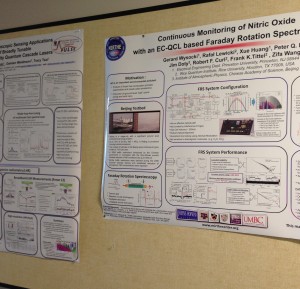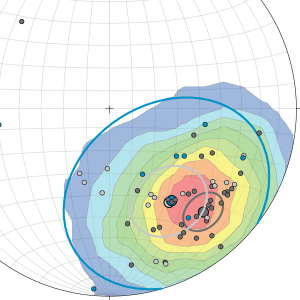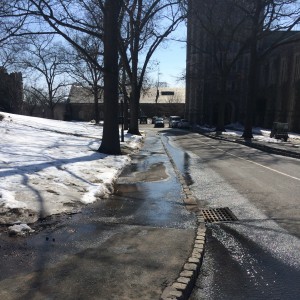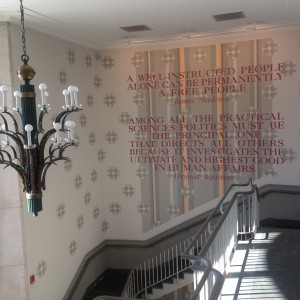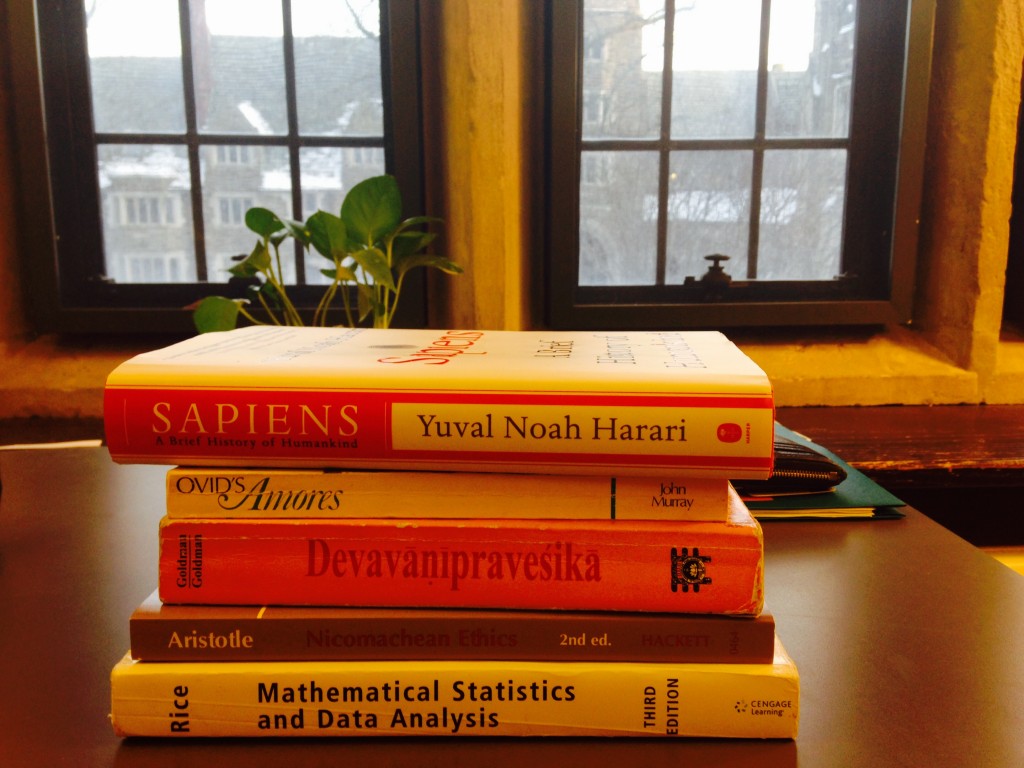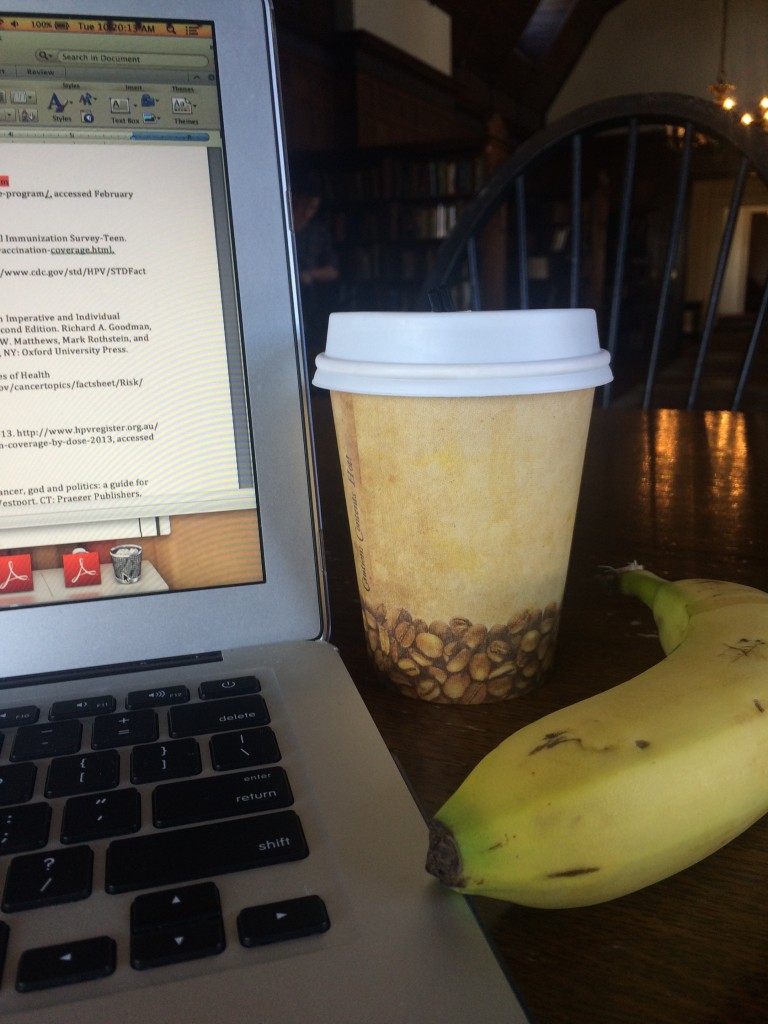With May finally here, we’ve reached the home stretch of the 2014-15 school year. Make no mistake: This is an achievement. You deserve to celebrate. Grab an extra fro-yo cone next time you’re in the dining hall, and enjoy knowing the machine has more handles than there are weeks remaining in the semester.

After that *debauchery*, ease back into the research world with a reflexive book – like Verlyn Klinkenborg’s Several Short Sentences About Writing, which was recommended in my African American Studies class last semester. As the title makes clear, it’s a series of short sentences about how to approach the writing process. Klinkenborg replaces oft-repeated mechanical suggestions with much more useful ideological ones. My favorite appears on page 29: “Every sentence could have been otherwise but isn’t.”
Following Klinkenborg’s words, every sentence in your research papers is a deliberate choice. Every argument could have reached a different conclusion, but did not. As you question, test, and analyze facts in your independent work, a crucial step is to recognize why you chose a particular arrangement of information. This goes beyond mere adherence to a thesis. Why did you pursue one research lead, and not another? Continue reading Learning from What Isn’t


